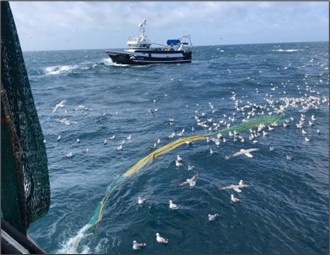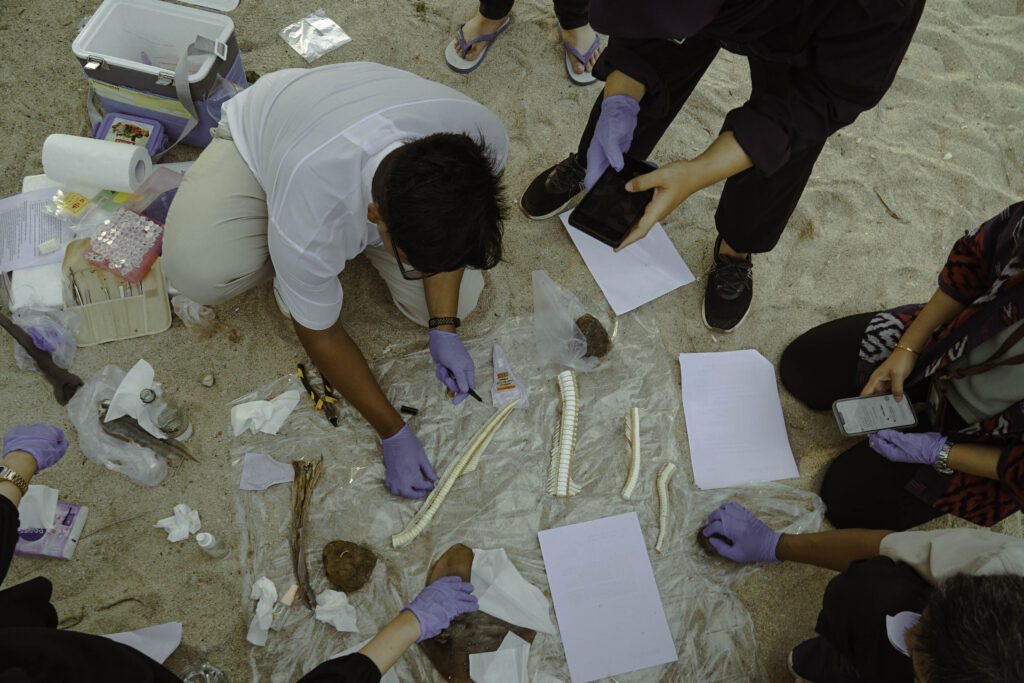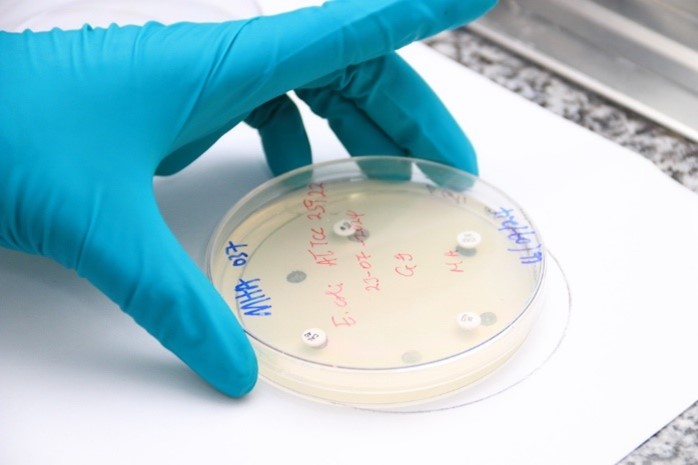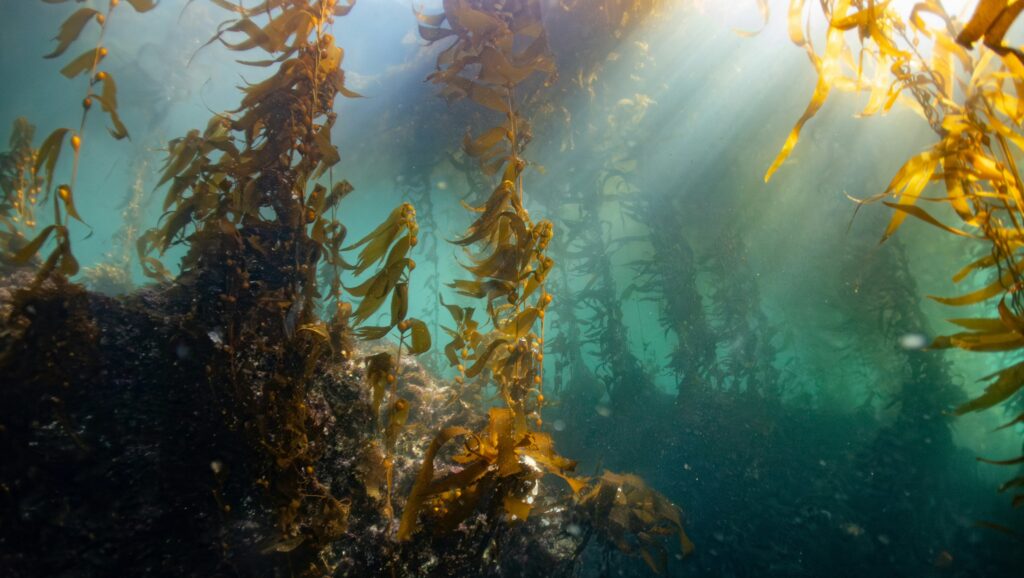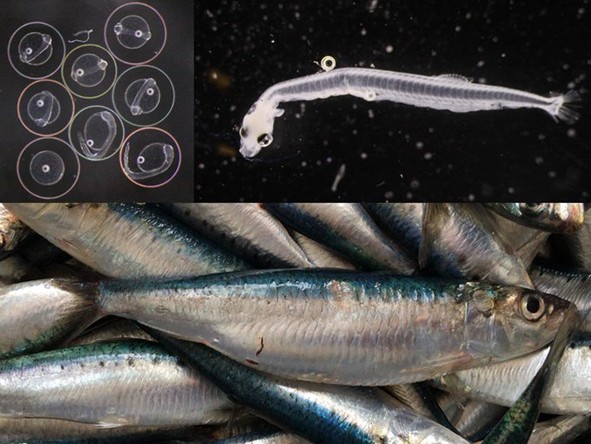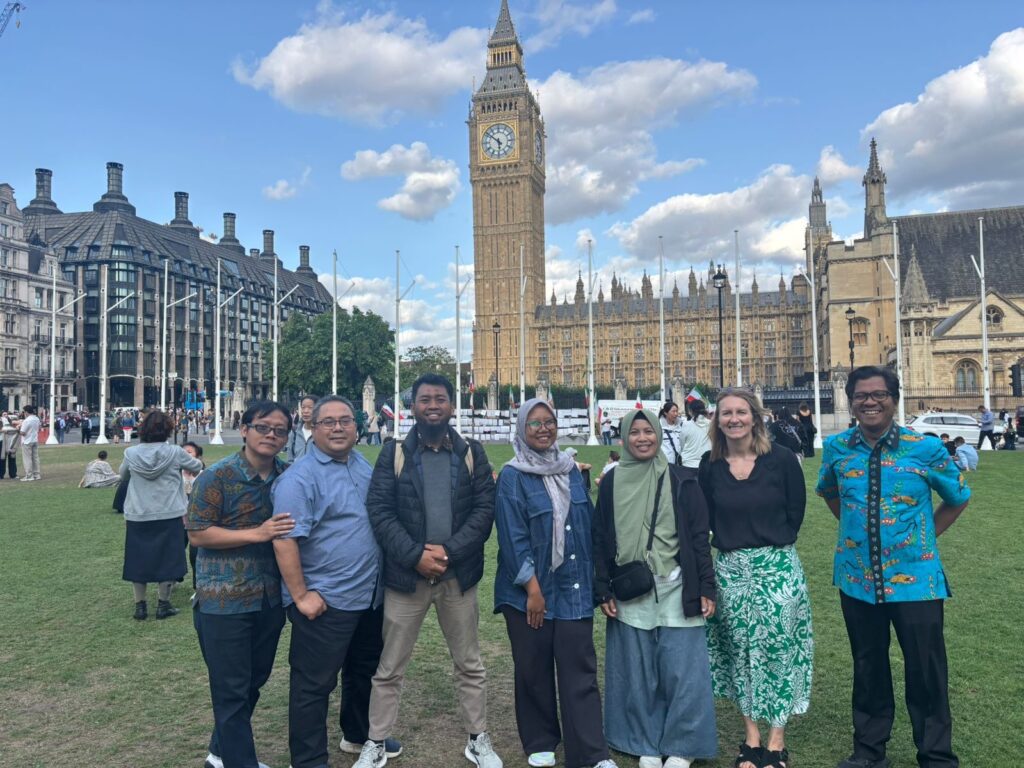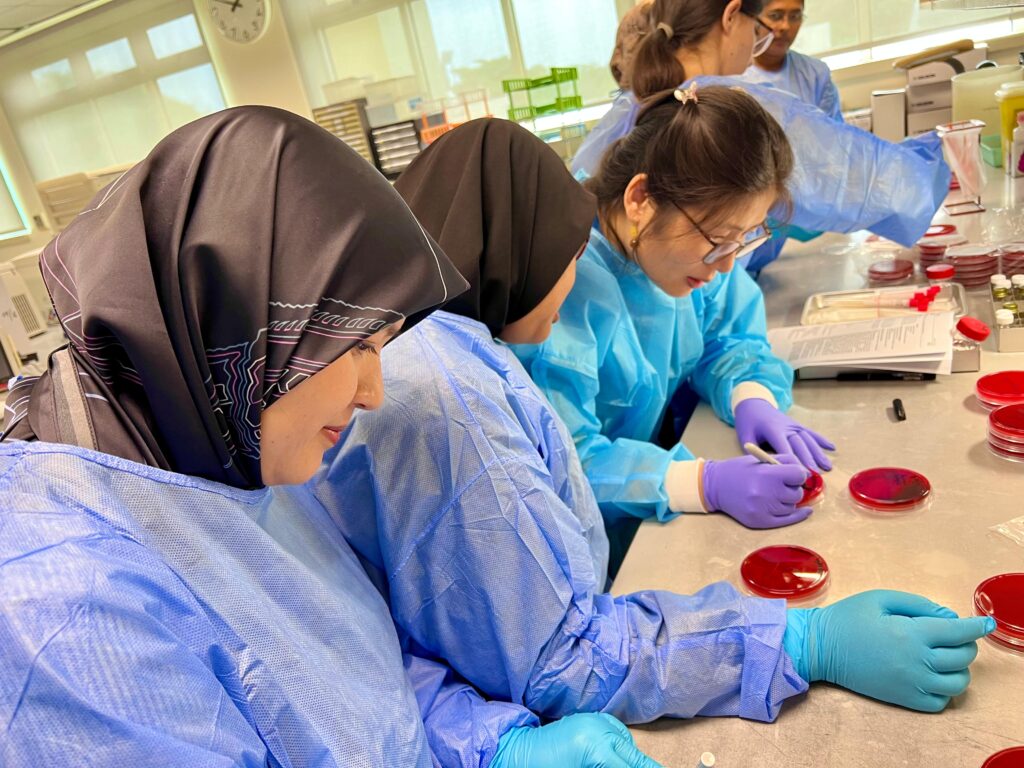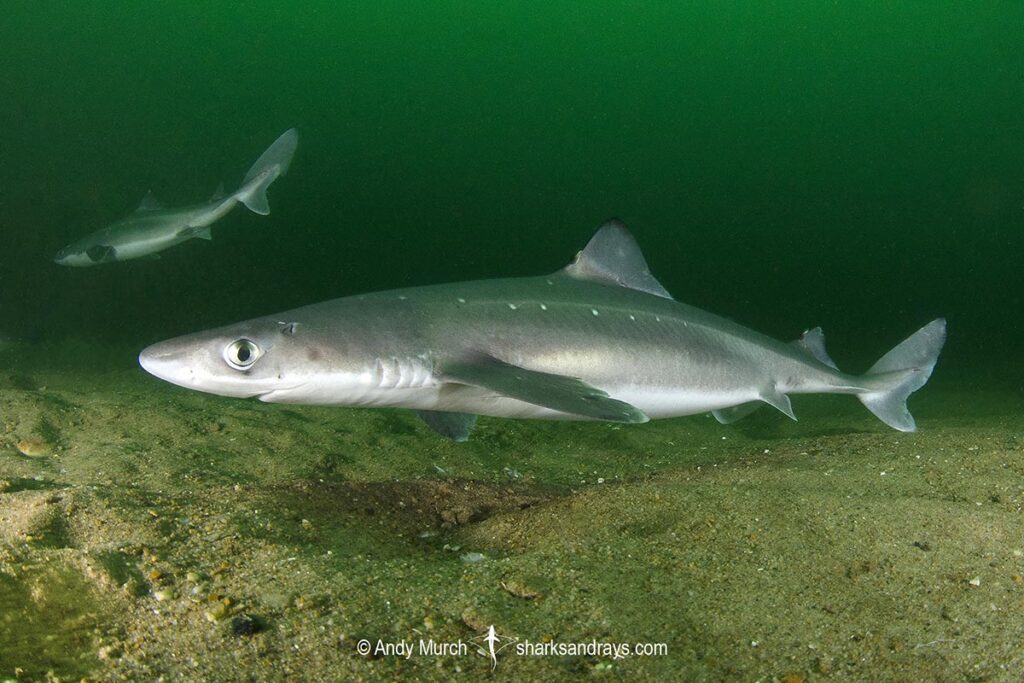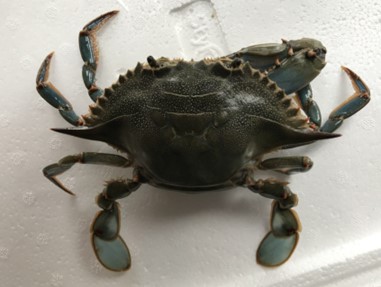Taking Flight- The new Clean Catch seabird bycatch monitoring and mitigation trial
Taking Flight- The new Clean Catch seabird bycatch monitoring and mitigation trial
Written by Emily Roebuck, Eastern England Fish Producer’s Organisation (EEFPO) trial lead, Cefas On Monday 15 December 2025, the Clean Catch team was invited to present at the All-Party Parliamentary Group (APPG) on Fisheries. The APPG is a cross-party forum …
